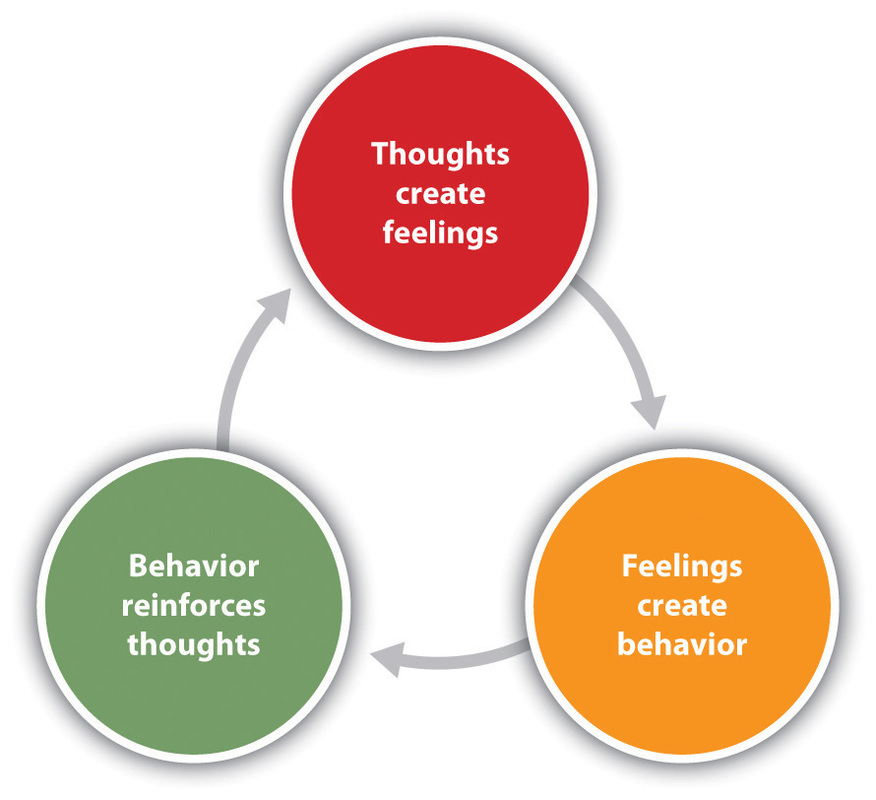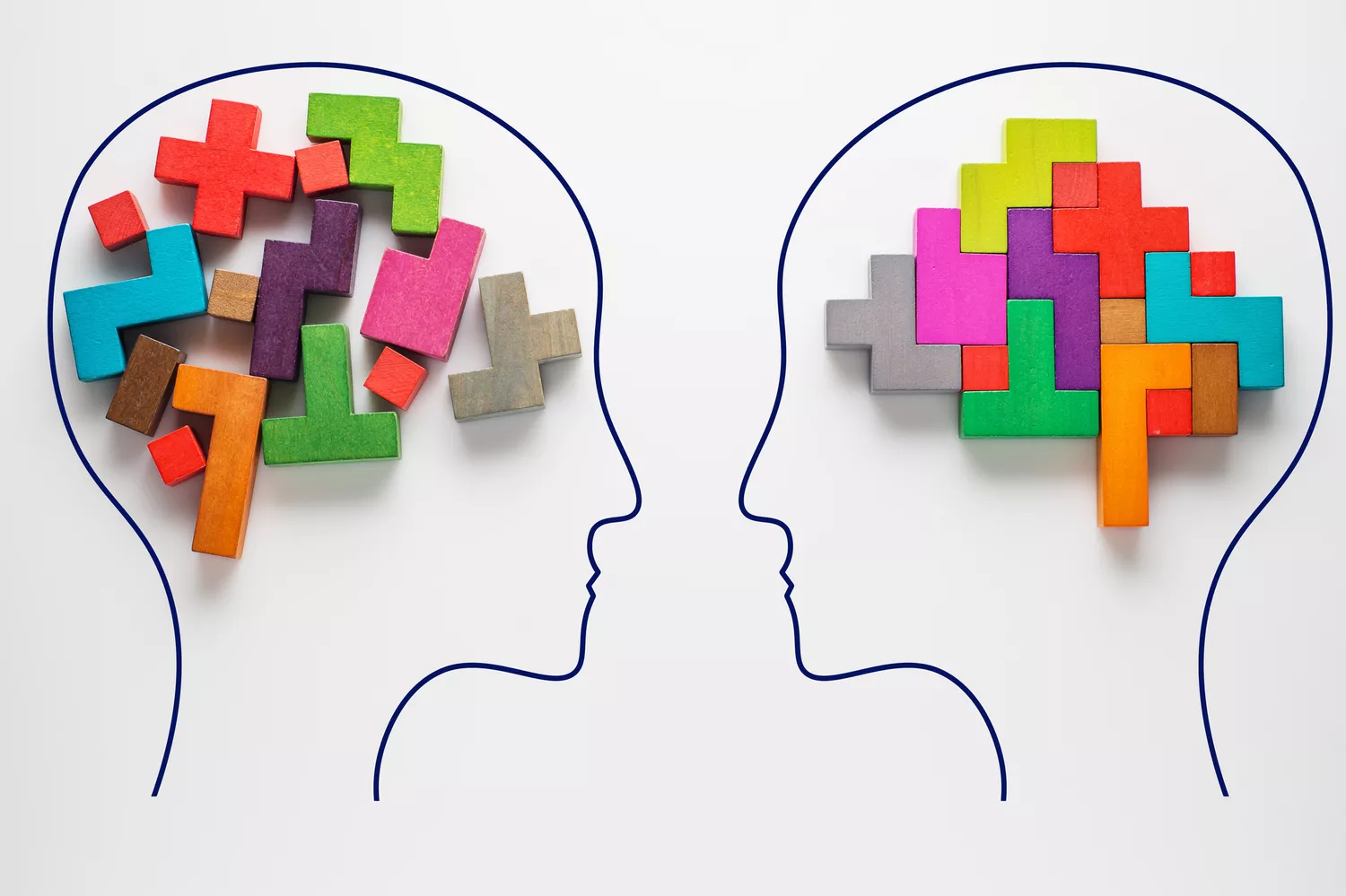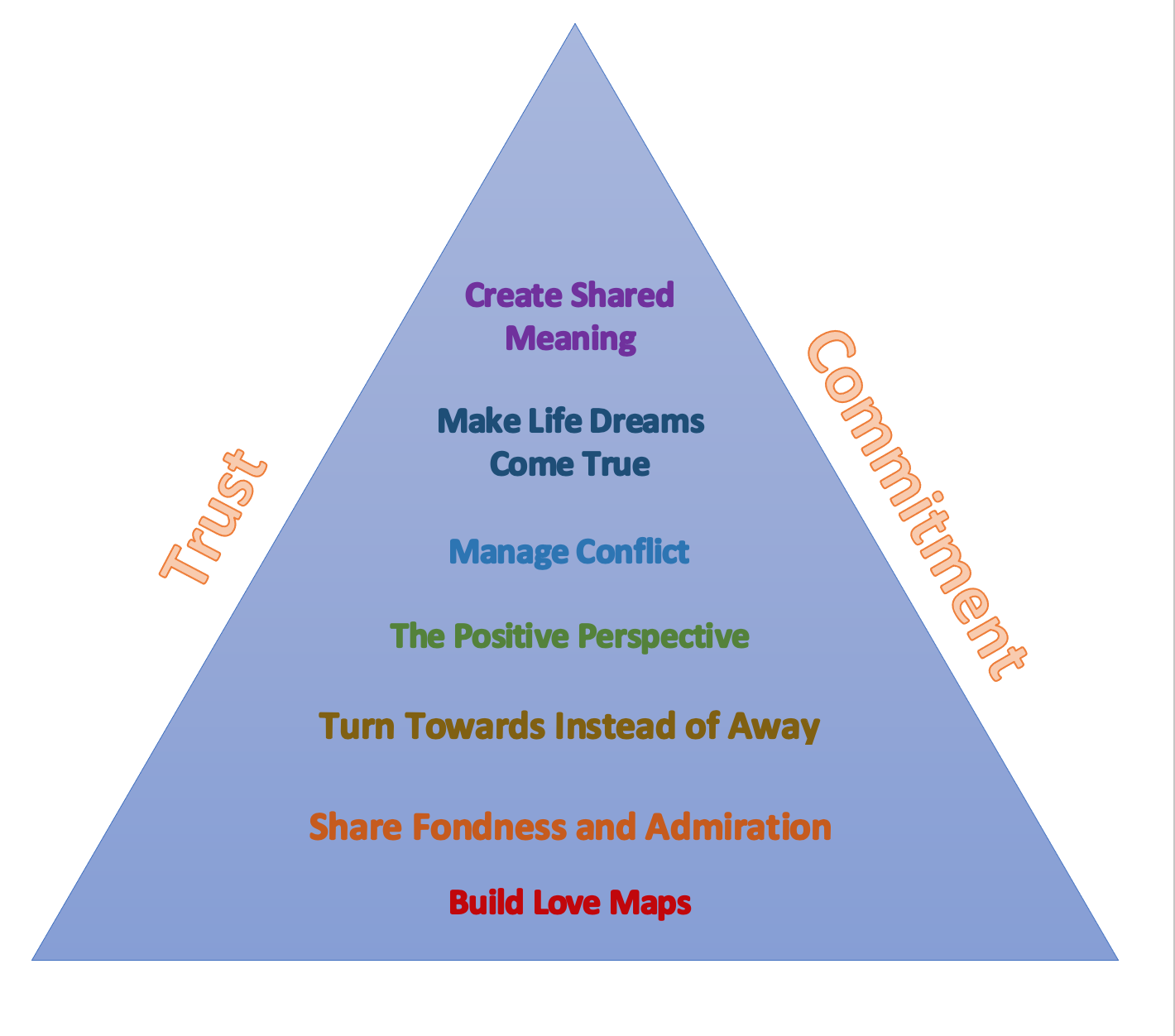
It’s Effective for a wide range of mental health issues including depression, anxiety, PTSD, and more. It typically involves structured sessions with a therapist and focuses on present problems and practical solutions.

The work of therapy is the process of becoming more aware of yourself. This awareness has the potential to change your life and the reflective process of therapy can bring that knowledge to the surface. You may discover a deeper awareness of why certain negative patterns have emerged in your life or relationships. You may discover the impact a difficult experience had on you. You may discover destructive patterns in your family history and how they affect your life today.
Feeling down and anxious can interfere with our ability to think logically and act rationally. This becomes a problem when we try to be productive in work, in relationships, and all around in our everyday lives. Often it's difficult for many people to even realize when emotions are clouding their judgment. This is why it is extremely beneficial to find a therapist you feel comfortable with who can give unbiased, non-judgmental feedback of your everyday life.

It’s Effective for a wide range of mental health issues including depression, anxiety, PTSD, and more. It typically involves structured sessions with a therapist and focuses on present problems and practical solutions.

It’s effective for addressing a variety of emotional and behavioral issues. It encourages individuals to adopt a more rational and self-helping mindset.
With this approach one can lead to long-term improvements in emotional and psychological health.

It involves assessing relationship dynamics, teaching practical skills for managing conflict, and building trust and intimacy. The therapy uses the Sound Relationship House Theory to guide couples in replacing negative patterns with positive interactions, ultimately fostering a stable and fulfilling relationship.
